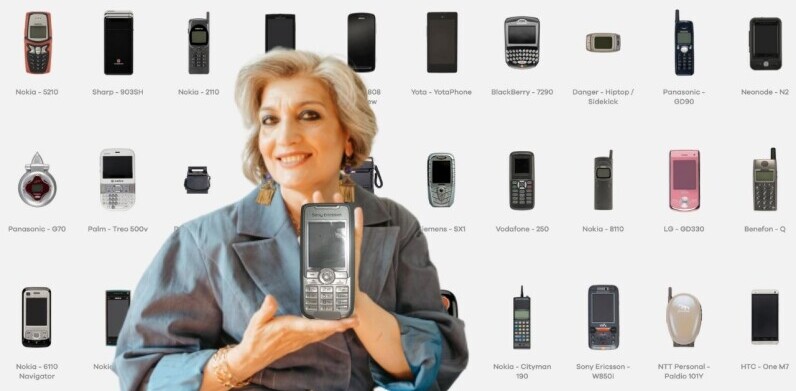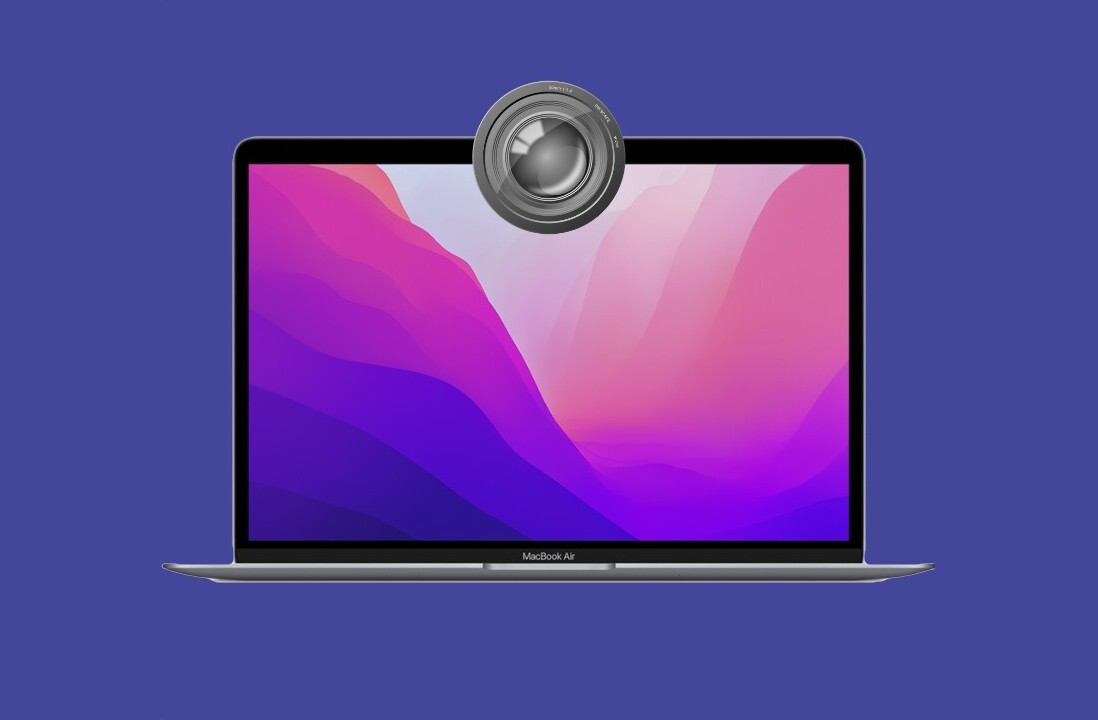
I love the idea of a waterproof iPhone, I long for the day when manufacturers figure out a way to just make devices impervious to water without having to wrap a bulky case around them – but until then the LifeProof case is probably the closest we’re going to get.
Most waterproof cases for anything are pretty bulky and force you to pay for your protection with size and weight. The LifeProof case for iPhone 4 is the polar opposite, with a super thin and light profile that barely increases the size of your phone at all. The RainBallet case that I reviewed recently impressed me quite a bit with its size and shapeliness, but the LifeProof is thinner still. The case is a two-part affair with a back plate that clips onto the front with a ridge all the way around and secures via a clamp on the bottom edge. It has a thin grommet of silicon that fits inside a groove in the backing, producing a seal that prevents dust, water and other crap from getting in to damage your phone.

The LifeProof case is IP-68 rated, which means that it can stand up to immersion in several feet of water as well as hold up under impact. Unlike most waterproof cases for iPhone, you actually have access to all of the phone’s controls, including the mute switch, volume buttons and home button. The front and rear camera, as well as the flash and light sensor, are also unobstructed, allowing for use of them inside the case.

Once the LifeProof is on it actually looks much like a standard bumper case for iPhone. The only telltale sign that it’s waterproof is the fact that the front of the case has a plastic cover that seals the screen in but allows for touch sensitivity. The responsiveness is very good through the cover, although it’s not a flat, hard piece of plastic, but a flexible sheet. This means that when you touch the screen you have to push down on the plastic to do so. After you train yourself to follow through with your finger motion this isn’t that much of a problem though.

The bottom clamp closes over the dock connector, sealing it off with rubberized foam. The speaker and mic holes have thin membranes which allow them to pass sound. In use, this means that you get a fairly decent audio recording while shooting video and calls are easier to make than the RainBallet, which completely encloses the speakers. In addition to the audio recording the visual quality of the video and still shots seemed pretty solid, with no degradation from being shot through a case. I did notice that if water sat in the hole for the mic the sound could get a bit muffled, but once it was knocked out it was fine.
I put the LifeProof through some standard paces like playing around with it in the pool, throwing it into the deep end and retrieving it and holding it underwater for extended periods of time. It held up extremely well with no signs of leakage or problems. There is one caveat to the usage of the case as an every-day cover and that is the headphone jack. Normally it’s covered by a screw on cap, but in order to use the jack you have to both remove the cap and screw in an included dongle which will allow you to use standard headphones. This is something to think about if you attach and detach headphones from your case regularly.

If you’re looking for a solid every-day case that adds ruggedness and moisture protection, then the LifeProof is easily my recommendation so far. It keeps the bulk down, lives up to its waterproofing claims and doesn’t impede the use of the phone much at all. I’ll be honest, it’s so thin that I felt a bit uncomfortable about how well it would protect, but once it was on the phone it felt a lot better and, in the end, worked just fine. The LifeProof case for iPhone 4 is available from the company’s site for $69.99.
Get the TNW newsletter
Get the most important tech news in your inbox each week.





